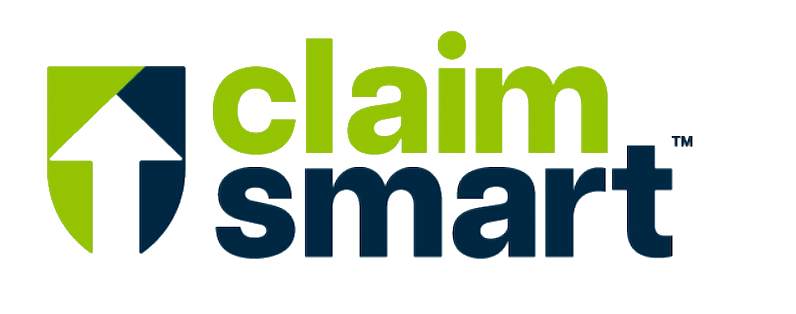PCP Motor Vehicle Finance Claims History
In March 2019 the Financial Conduct Authority (FCA) published a report detailing their work on motor finance. The complete report can be found here:
They also issued a related press release that highlighted some of their key concerns:


we have serious concerns about the way in which lenders in the motor finance market are choosing to reward car retailers and other credit brokers” ….due to “the widespread use of commission models which allow brokers discretion to set the customer interest rate, to earn higher commission, (sic) which can lead to conflicts of interest which are not controlled adequately by lenders. This can lead to customers paying significantly more for their motor finance
Financial Conduct Authority (FCA)
Press Release 2019

The following both quotes and paraphrases some of the FCAs statements:
The arrangements may be leading to consumer harm on a potentially significant scale.
Some customers are paying significantly more for their motor finance because of the way lenders choose to remunerate their brokers or motor dealers.
In particular, they were concerned about the widespread use of commission models, such as Difference in Charges (DIC), which link the broker or motor dealer commission to the customers’ interest rate and allow brokers or motor dealers wide discretion to set the interest rate.
This gave rise to conflicts of interest and created strong incentives for the broker or motor dealer to charge a higher interest rate, to earn more commission.
Crucially both the lender and broker or motor dealer failed to disclose to the borrower:
That the interest rate they were being charged was actually being determined by the broker or car dealer itself.
That the interest rate they were being quoted was often at times significantly higher than the interest rate they would pay if they were to contact the lender directly (without going through the broker or car dealer).
That the difference between the rate the broker or car dealer was quoting and the rate that could be obtained if the borrower had gone directly to the lender was being paid as a commission to the broker or car dealer.
The way it worked was relatively simple...and open to widespread abuse.
When a consumer bought either a new or used car from a motor dealer using a PCP they would invariably be asked if they wanted financing. In the event the buyer said “yes” the broker or car dealer would introduce the borrower to a lender. At the same time the broker or motor dealer would inform the borrower of the interest rate that the lender would charge them.
In essence the difference between the interest rate a borrower obtained if they were introduced by a broker or car dealer, and that if they went directly to the lender was being kept by the broker or car dealer, as a commission is what is being referred to by the FCA as a Difference in Charges (DIC)
The car broker/dealer was effectively able to set an interest rate as high as they wanted to based on what they thought the consumer could afford and pocket the difference without telling the buyer.
It is important to note that not all PCP loans operated this way. The FCA estimates that 60% of PCP loans were subject to Difference in Charges.

